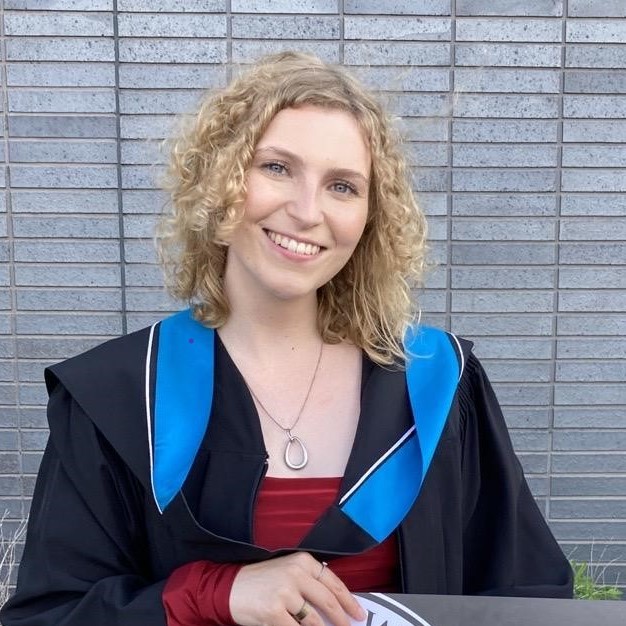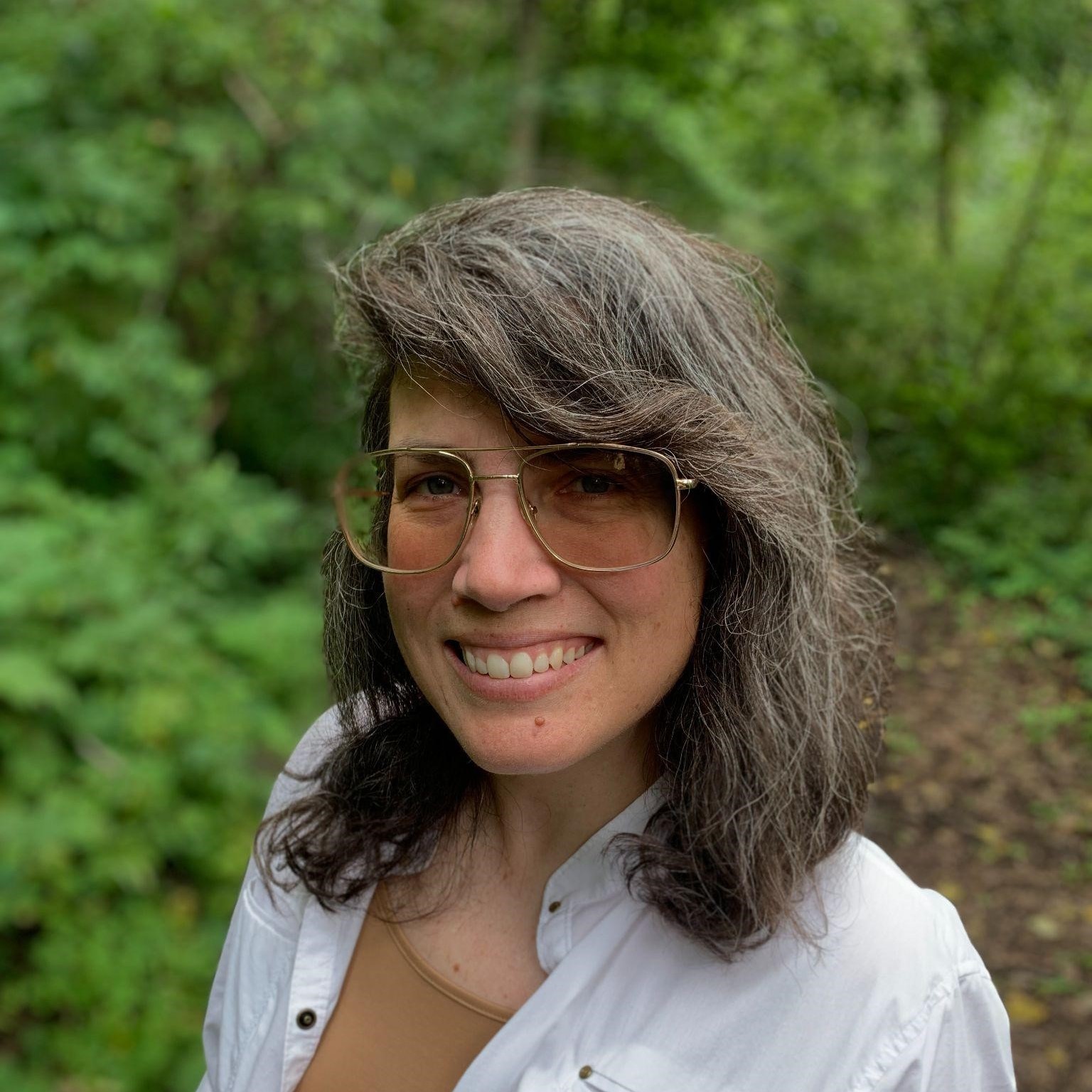Collection
The Next Generation of Fisheries Management and Conservation: Actionable Research and Knowledge Co-production
- Submission status
- Open
- Open for submission from
- 16 November 2023
- Submission deadline
- 30 November 2024
We are pleased to announce a Special Issue of Environmental Biology of Fishes that highlights the growing recognition that solving challenges in fisheries management and conservation requires partnership and co-production across academia, governments, not-for-profit organizations, industry, stakeholders, and rights-holding communities. We encourage submissions that emphasize collaborative and inclusive science, particularly those which: 1) showcase the next generation of fisheries and aquatic science professionals; and 2) demonstrate how diverse partnerships among trainees, knowledge holders, and practitioners contribute to generating actionable results for fisheries management and conservation.
While we welcome all submissions that meet these criteria and fall within the overall scope of the journal (Environmental Biology of Fishes | Aims and scope (springer.com)), we specifically call for articles in four themes that represent major pathways for addressing the management and conservation of freshwater fishes and fisheries resources: 1) ecosystem and habitat assessment; 2) fisheries ecology; 3) fish health and fitness; and 4) fish culture.
In addition to framing manuscripts to ensure that the link between the research topic and the Special Issue theme is evident, we invite contributors to devote a section or short passage of their manuscript to describing their partnerships, positionality, and/or trainee-led initiatives and how these collaborations have enriched their research process and outcomes.
This Special Issue will serve as a venue for multiple forms of articles that progress knowledge in fisheries management and conservation, including original research articles, brief communications, or synthesis/review articles, following the submission guidelines for Environmental Biology of Fishes.
Authors can submit manuscripts to be considered for this Special Issue by clicking on the Submit manuscript button and using the Editorial Manager procedure on the journal website. At the time of submission, authors will be asked if their manuscript belongs to a Special Issue, upon which they can select SI: Next Generation of Fish Management.
All manuscripts will be considered on their own merits for review and eventual rejection or acceptance following standard journal procedures. Individual manuscripts will be published electronically online as soon as they are accepted. All accepted manuscripts will then be assembled and published as a Special Issue in one of the journal's print issues.
Submission deadline: November 30, 2024
Editors
-
Christine Madliger, PhD, Algoma University, Sault Ste Marie, Canada
Dr. Christine Madliger is an Assistant Professor in the Department of Biology at Algoma University in Sault Ste Marie, Ontario. Her research focuses on how physiological tools and techniques can be applied to the conservation and management of freshwater fishes. Her work primarily deals with using stress and energetic physiology to determine threats, predict responses to anthropogenically-induced environmental change, and improve transport and reintroduction protocols.
-
Brooklynne Litke, University of Manitoba, Winnipeg, Canada
Brooklynne Litke is an MSc student and research technician in the Department of Biological Sciences at the University of Manitoba in Winnipeg, supervised by Dr. Margaret Docker. Her current research focuses on developing and validating environmental DNA assays for freshwater fishes in Canada as a part of GEN-FISH, a large multi-institution project funded by Genome Canada, and using eDNA to map the distribution of underappreciated freshwater fishes of conservation concern in Manitoba (e.g., suckers, lampreys, minnows).
-
Emily McKenzie, University of Waterloo, Ontario, Canada
Emily McKenzie is an MSc student at the University of Waterloo, Ontario, supervised by Dr. Brian Dixon. Their research aims to characterize the mucosal immune transcripts of salmonids, both at basal levels and after bacterial infection. Emily also hopes to show the relationship between air temperatures and water temperatures in shallow rivers during heatwaves, and the effect that these large temperature fluctuations have on the Chinook salmon immune system and their ability to combat infectious disease.
-
Markelle Morphet, University of Toronto, Scarborough, Canada
Markelle Morphet is a PhD student at University of Toronto Scarborough supervised by Dr. Nicholas Mandrak. Their research is focused on comparing conventional fish sampling and eDNA methods in conservation applications. Their projects involve partnerships with Fisheries and Oceans Canada and the Saugeen Ojibway Nation to investigate sensitive species in agricultural drains, estimate nearshore and offshore fish community compositions, and explore fish abundance trends. Markelle is the current AFS-OC student subunit president and Canadian representative on the AFS Student and Early Career Professionals committee.
-
Morgan Piczak, Carleton University, Ottawa, Canada
Morgan Piczak is a PhD candidate at Carleton University in Ottawa supervised by Dr. Steven Cooke and Dr. Jon Midwood of Fisheries and Oceans Canada. Her research is focused on fishes of the Laurentian Great Lakes, where she examines topics such as ecological restoration and movement ecology. Her work uses mostly acoustic telemetry to analyze big data answering questions on the where, when, and why of fish movements. Broadly, Morgan takes a knowledge co-production approach to aid in the management and conservation of freshwater biodiversity.
-
Christina Semeniuk, PhD, University of Windsor, Ontario, Canada
Dr. Christina Semeniuk is an Associate Professor in the Department of Integrative Biology at the University of Windsor in Windsor, Ontario. Her research primarily focuses on the adaptive capacity of freshwater fishes to cope with human-induced environmental change. Using a suite of integrative methods in behaviour, physiology, and transcriptomics, she predicts population persistence of species facing various anthropogenic stressors, from climate change to invasive species. Dr. Semeniuk is also the director of the Fisheries management and conservation CAreers in Science and Technology (FishCAST) program.
-
Margaret Docker, PhD, University of Manitoba, Winnipeg, Canada
Dr. Margaret Docker is the Editor-in-Chief of Environmental Biology of Fishes, and a Professor in the Department of Biological Sciences at the University of Manitoba. Her research focuses on evolutionary, population, and conservation genetics of lampreys and other freshwater fishes, including the environmental DNA for monitoring cryptic aquatic organisms. She is the Co-chair of the Freshwater Fishes Subcommittee of the Committee on the Status of Endangered Wildlife in Canada (COSEWIC), serves on the Great Lakes Fishery Commission Sea Lamprey Research Board, and is a Fellow of the American Fisheries Society.








